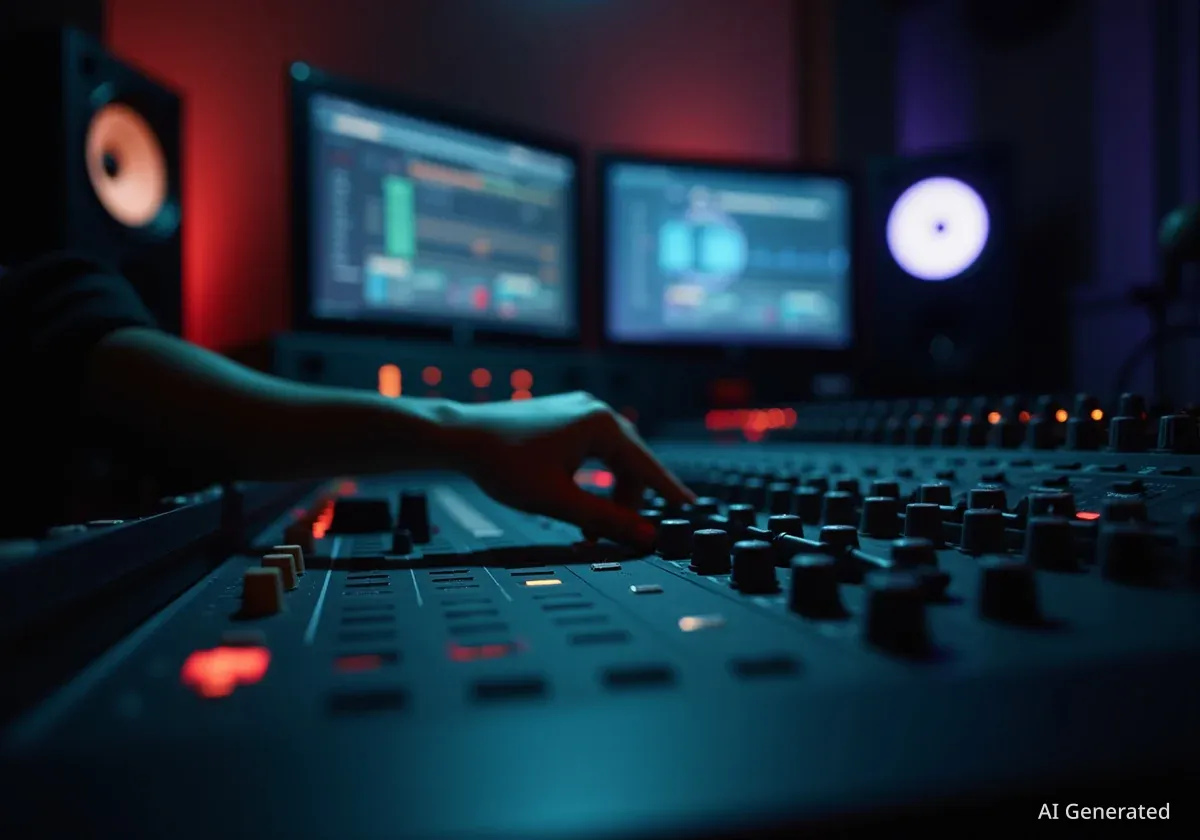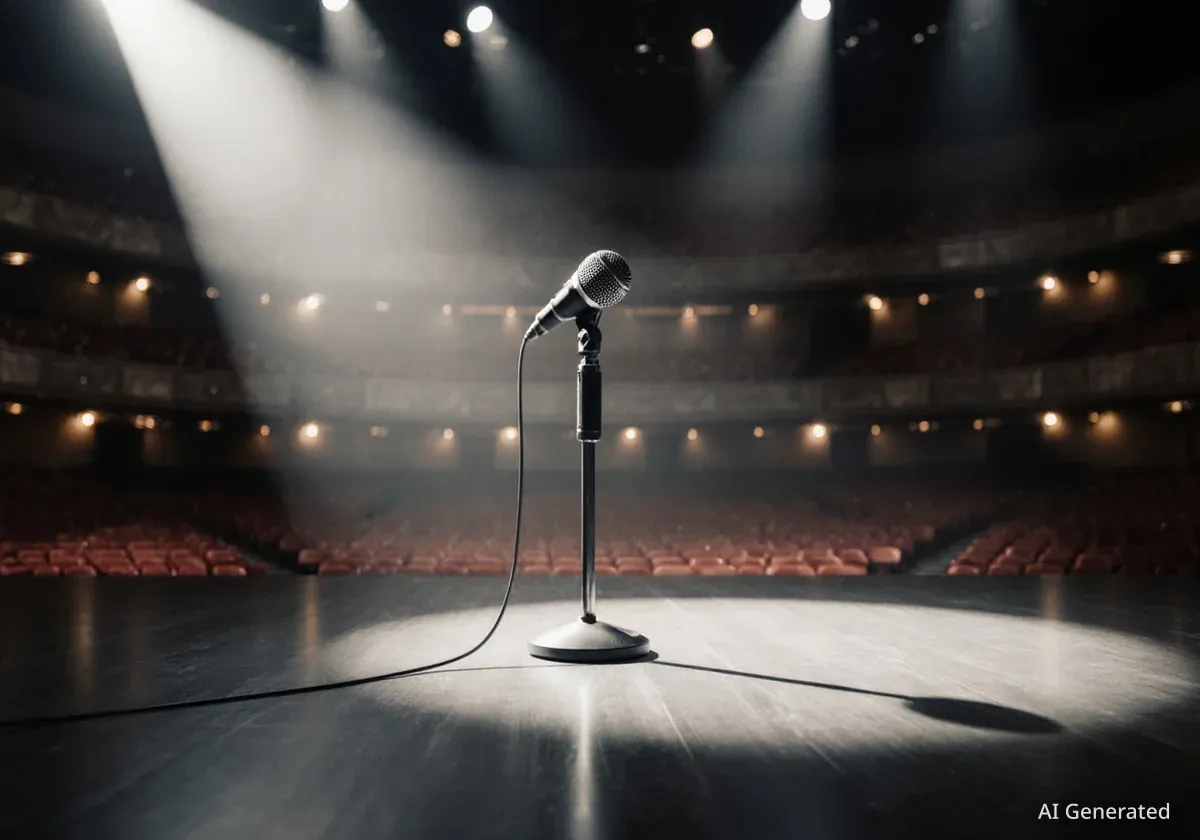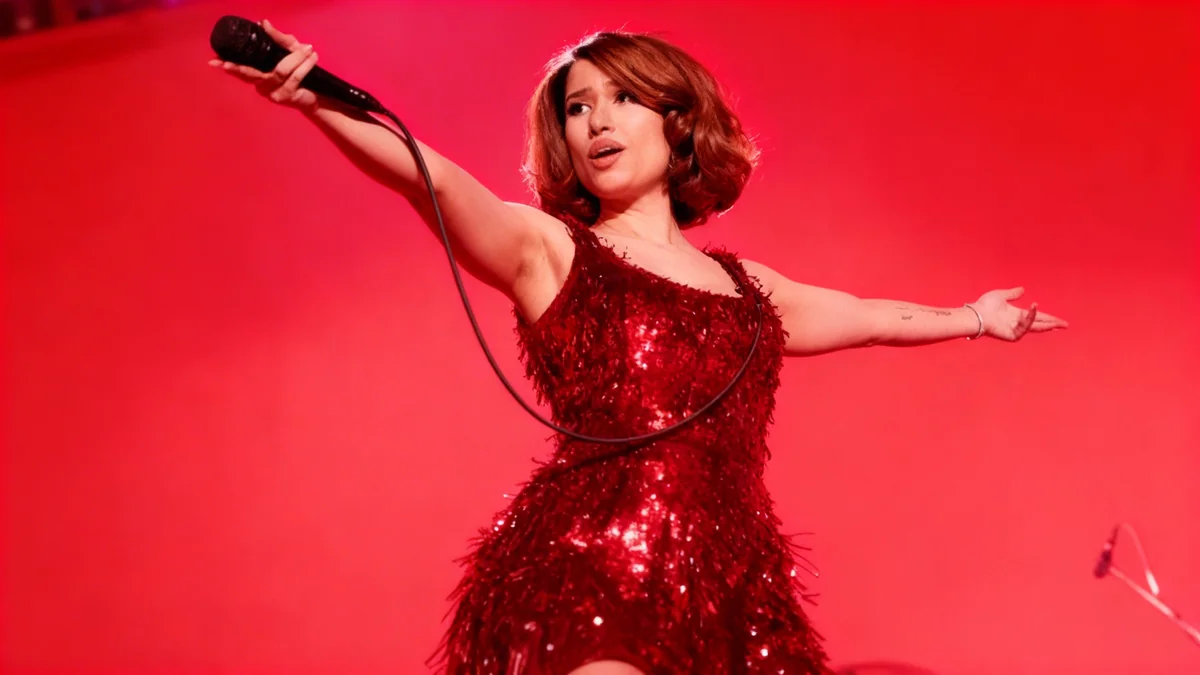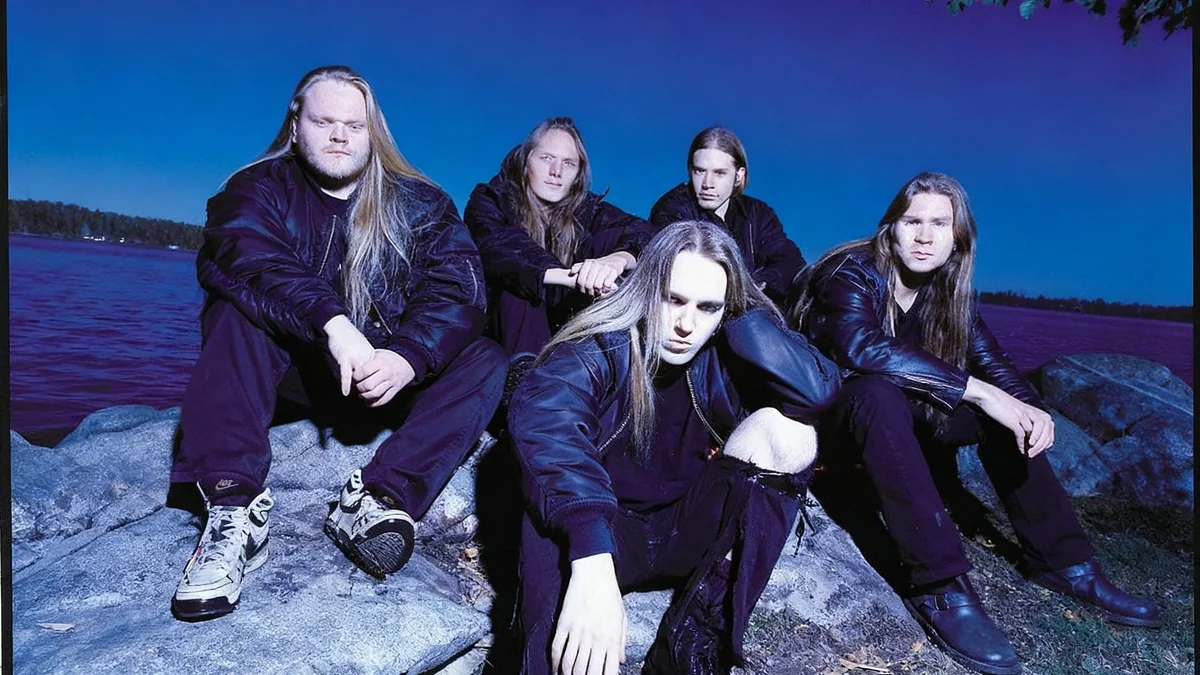Rapper 6ix9ine, also known as Tekashi, recently spoke about various aspects of the music industry. During an interview with DJ Vlad, he addressed topics including his past witness testimony and claims about fabricated commercial success. The discussion centered on practices such as fake streams, purchasing chart positions, and the concept of 'industry plants' in music.
His comments appeared to reference the performance of his 2020 collaboration with Nicki Minaj, 'Trollz.' This song achieved the number one spot on the Billboard Hot 100 chart. However, it experienced a significant drop, falling to number 34 the following week. At the time, this was noted as the largest second-week decline for a chart-topping song.
Key Takeaways
- 6ix9ine discussed fake streams and buying chart positions.
- He alluded to the performance of his 2020 song 'Trollz.'
- 'Trollz' reached number one on Billboard, then dropped significantly.
- The rapper maintained his organic popularity.
Claims of Industry Manipulation
During the interview on VladTV, 6ix9ine responded to questions about the 'Trollz' chart performance. He suggested that Billboard and Nielsen attempted to discredit him. He stated that he had previously 'exposed' the music world, indicating that artists could buy number one spots and that industry figures were inflating numbers. "I was so heavy on bashing Billboard and Nielsen that they tried to make me look bad. I exposed the world, that you can buy number ones, these numbers are inflated. I exposed the music industry. Right?" he commented.
The rapper also addressed the idea of being an 'industry plant,' a term used for artists whose success is perceived as manufactured rather than organic. He emphasized his personal background, saying, "I was delivering food in 2016, 2015... From delivering food, you think I was made in a lab? An industry plant? I'm real as f**k." This statement aimed to highlight his journey from a modest background to musical success, suggesting his rise was authentic.
Chart Performance Fact
- 'Trollz' debuted at number one on the Billboard Hot 100 in June 2020.
- It fell to number 34 in its second week, a drop of 33 positions.
- This marked the largest fall from the top spot for a song in its second week at that time.
Previous Accusations and Unanswered Questions
It remains unclear precisely what 6ix9ine referred to when he mentioned 'exposing' these claims during the 2020 release of 'Trollz.' He did not directly confirm or deny whether he paid for the song to reach number one when asked by DJ Vlad. However, he was very vocal in his efforts to push the song to the top of the charts at that time.
His accusations about Billboard manipulation first emerged when his earlier comeback single, 'GOOBA,' did not achieve the number one position. This prior experience fueled his skepticism regarding chart integrity. He expressed significant frustration when 'GOOBA' did not reach the top spot, leading to his initial claims of unfair practices.
Background on Chart Debates
Discussions around chart manipulation and the authenticity of commercial success are not new in the music industry. Artists and industry observers have, at various times, raised concerns about how streaming numbers, sales, and promotional campaigns influence chart rankings. These debates often involve the methodologies used by chart compilers like Billboard and Nielsen Music.
Maintaining Organic Popularity
During the interview, 6ix9ine continued to assert his organic popularity. He and DJ Vlad also mentioned similar claims from other prominent artists, including Young Thug and Drake, who have also spoken about commercial manipulation within the music industry. This indicates that concerns about the integrity of chart performance are not isolated to 6ix9ine.
When Vlad pressed him on the cost of taking 'Trollz' to number one, 6ix9ine’s response was less direct.
"Well, I don't know, because that's what the label – Matter of fact, I didn't need to buy s**t," Tekashi stated.This reply did not offer a clear confirmation or denial regarding any payments for chart placement. The lack of a definitive answer leaves room for speculation.
Industry-Wide Discussions
The conversation around buying streams and chart positions highlights a broader dialogue within the music industry. Many artists and labels invest heavily in promotional strategies designed to boost their songs' performance on various platforms and charts. The line between aggressive promotion and outright manipulation can sometimes be blurry, leading to ongoing debates.
For example, some artists use tactics such as encouraging fans to purchase multiple copies of a song or stream it repeatedly. These efforts, while driven by fan engagement, can sometimes lead to questions about the organic nature of a song's success. The digital age, with its focus on streaming numbers, has introduced new complexities to how commercial success is measured and achieved.
Impact and Future Developments
6ix9ine's comments add to the ongoing discussion about transparency in the music industry. His public statements have often generated strong reactions and controversy. It remains to be seen whether Nicki Minaj will respond to his recent remarks, although a response is not guaranteed given the nature of their past collaboration and subsequent events.
The music industry continues to evolve, with new technologies and distribution methods constantly changing how music is consumed and how success is quantified. Debates about authenticity, commercial strategies, and chart integrity are likely to persist as the industry adapts to these changes.
- The shift to digital streaming has changed how chart data is collected.
- Artists and labels face pressure to achieve high chart placements.
- Transparency in reporting sales and streams remains a key industry topic.
The rapper’s interview serves as a reminder of the complexities involved in achieving and maintaining commercial success in today's global music market. His assertions about industry practices contribute to a larger conversation that impacts artists, labels, and fans alike.




